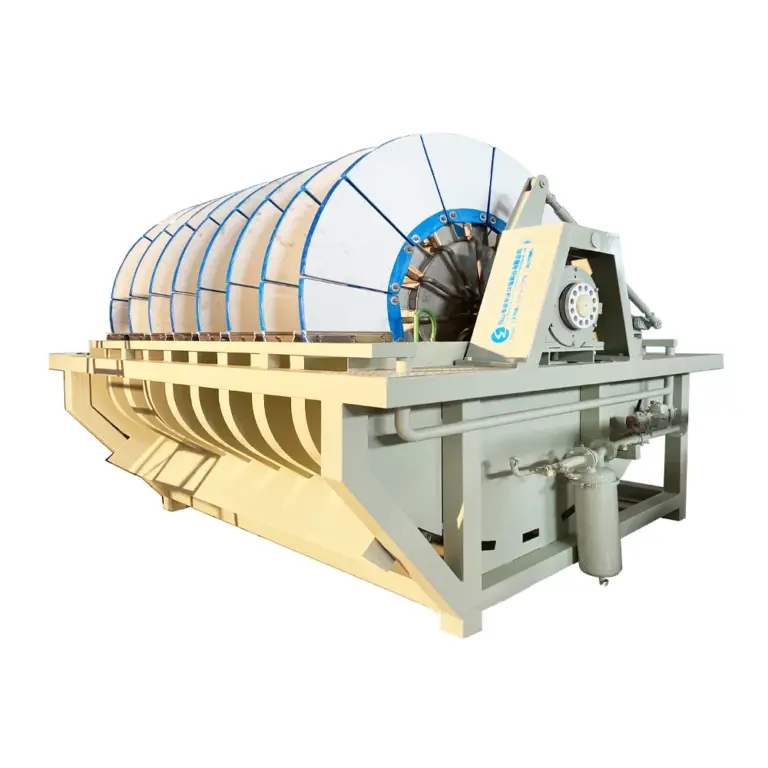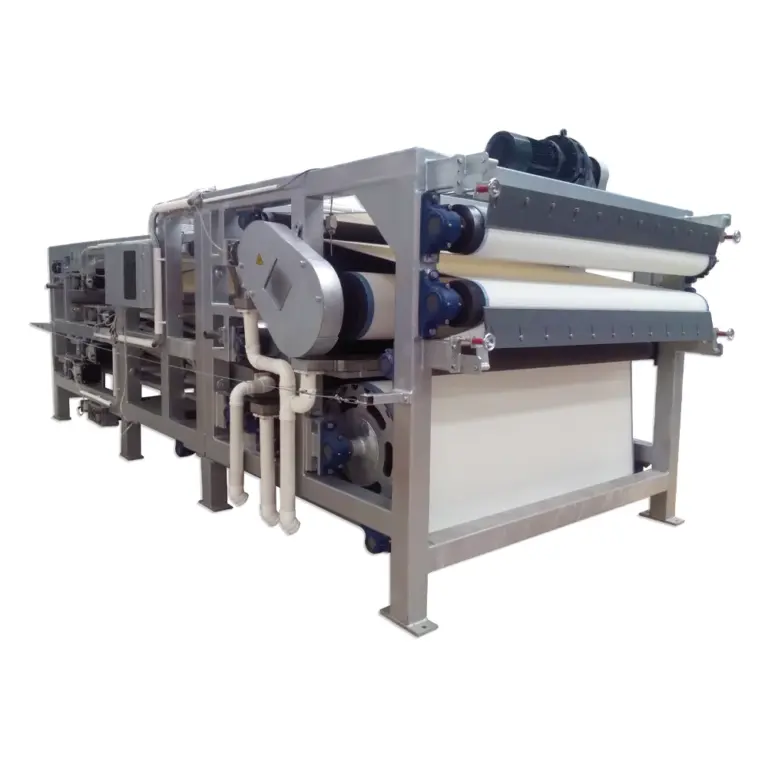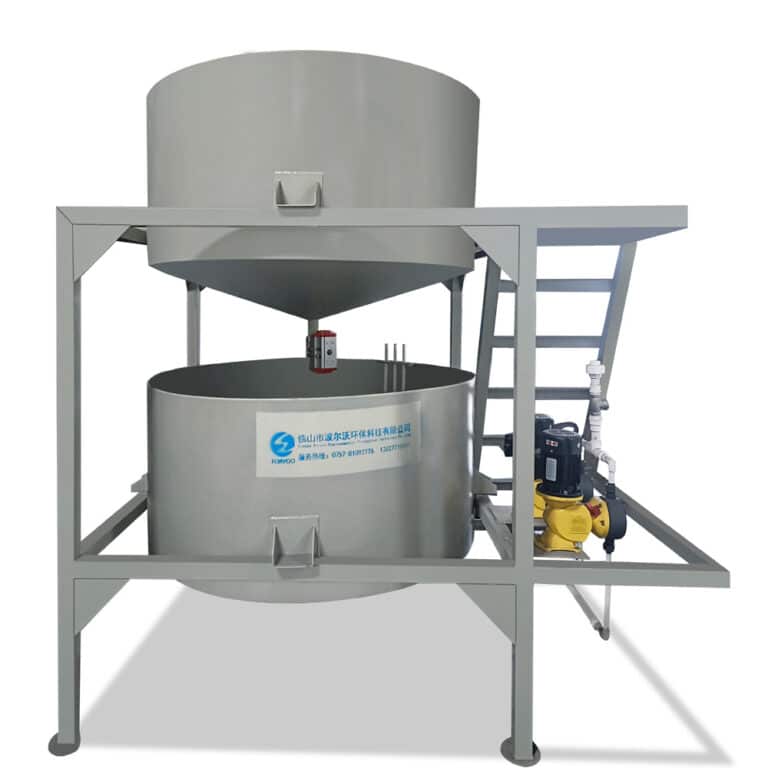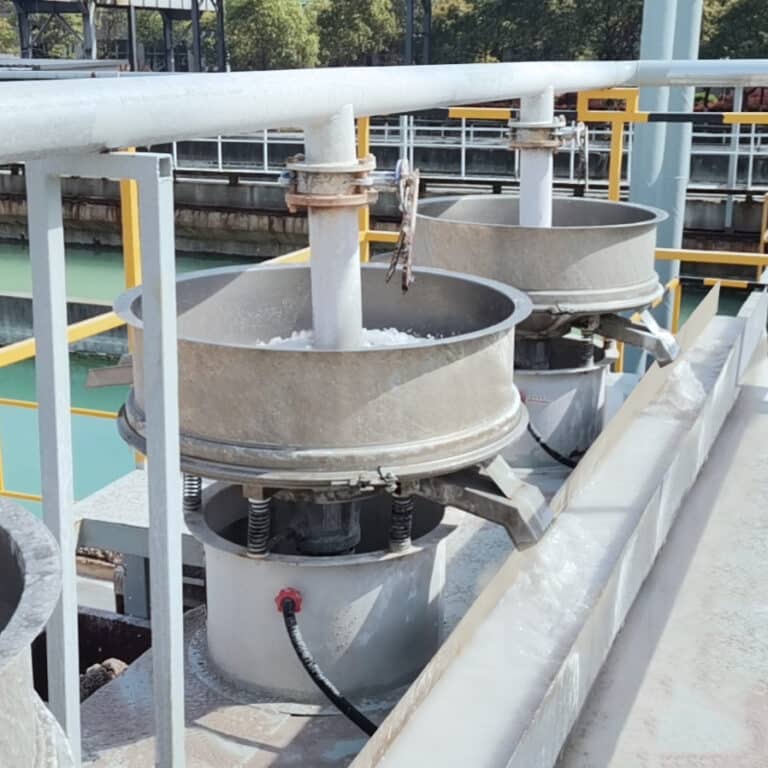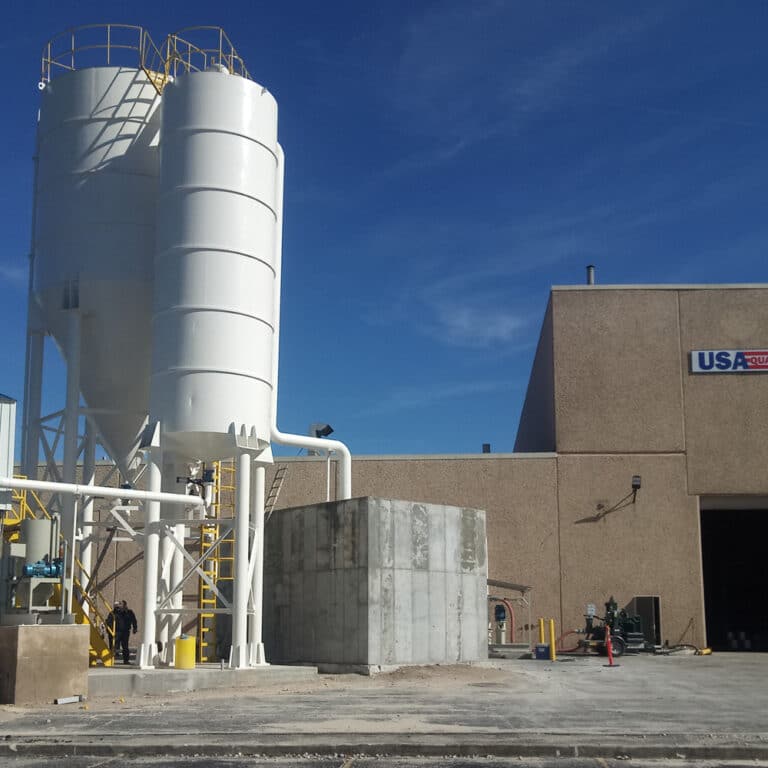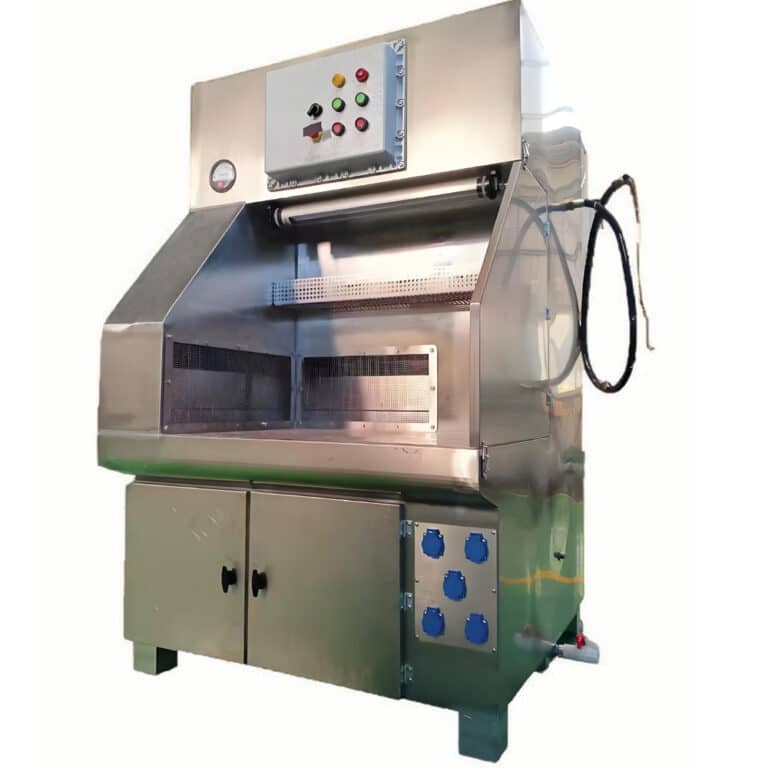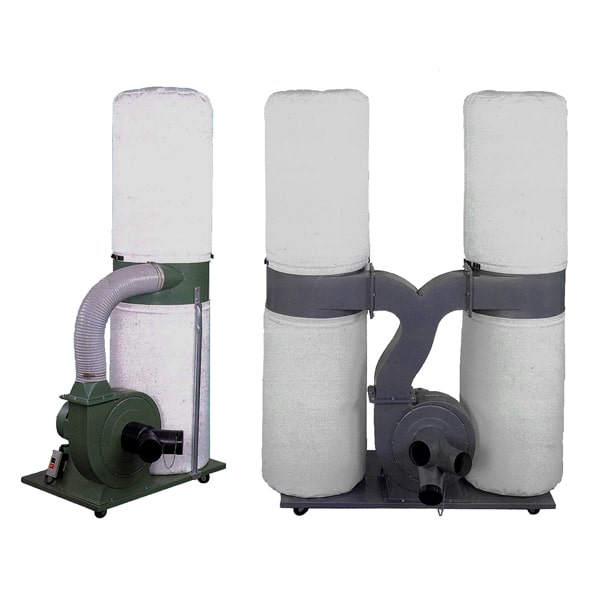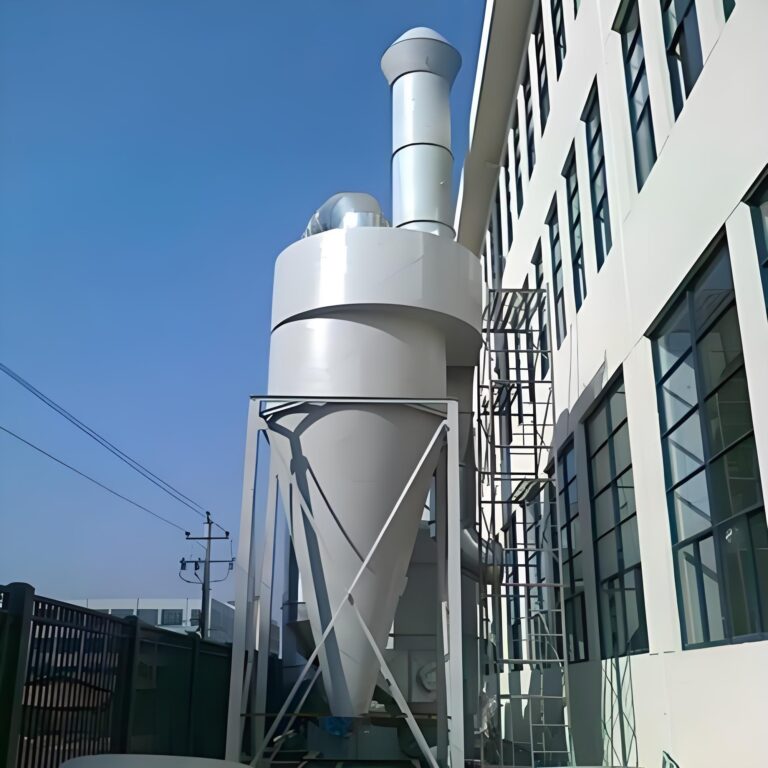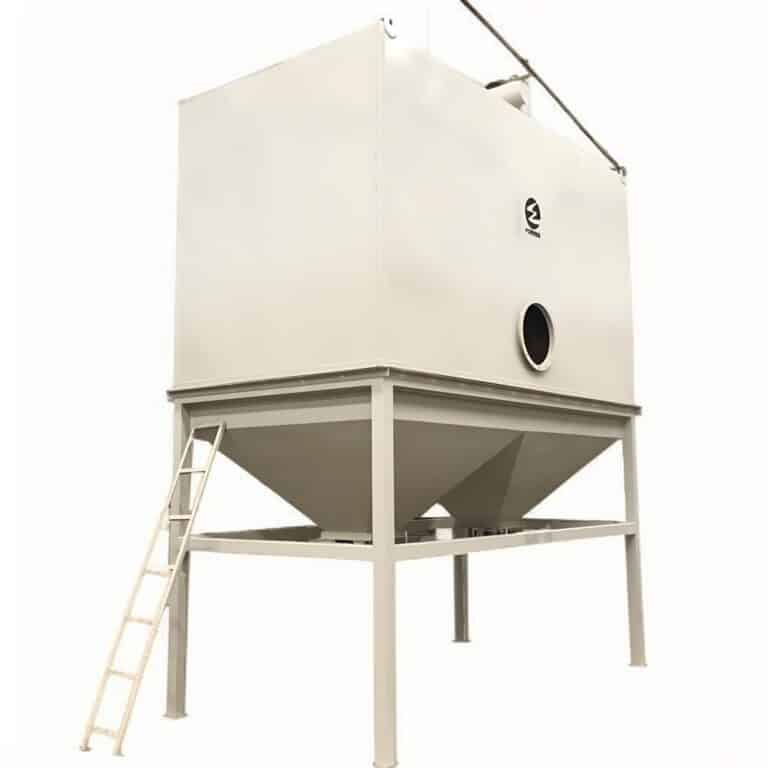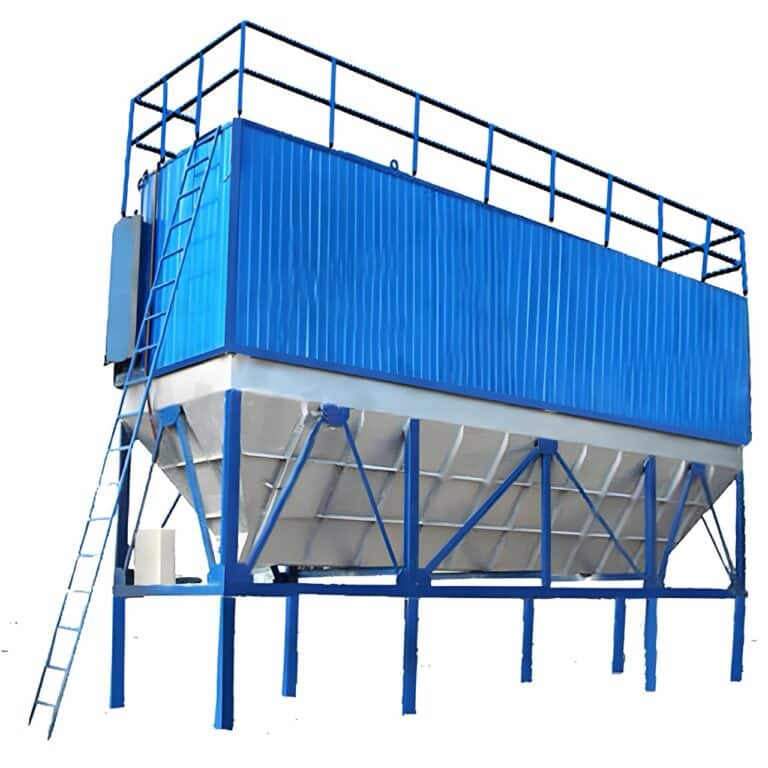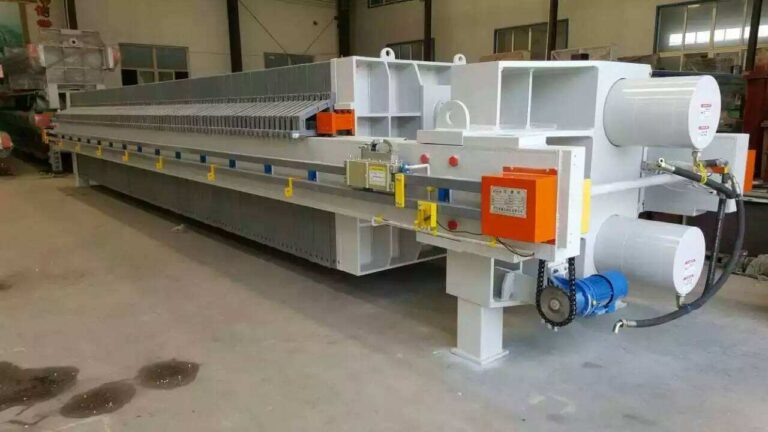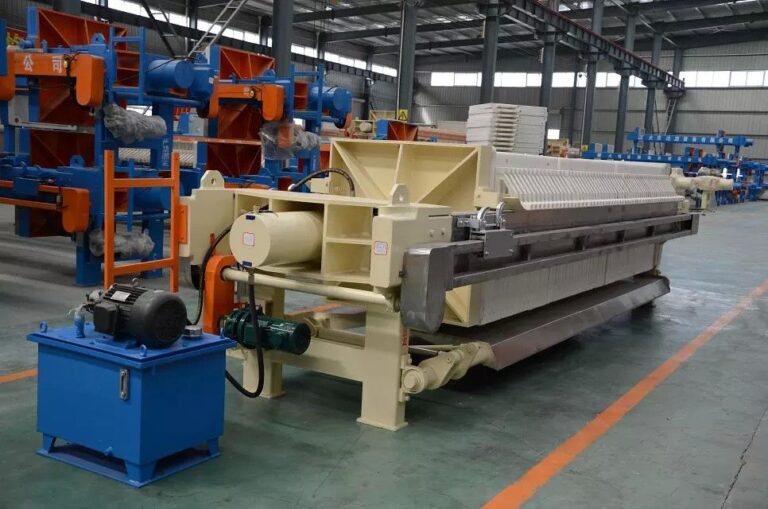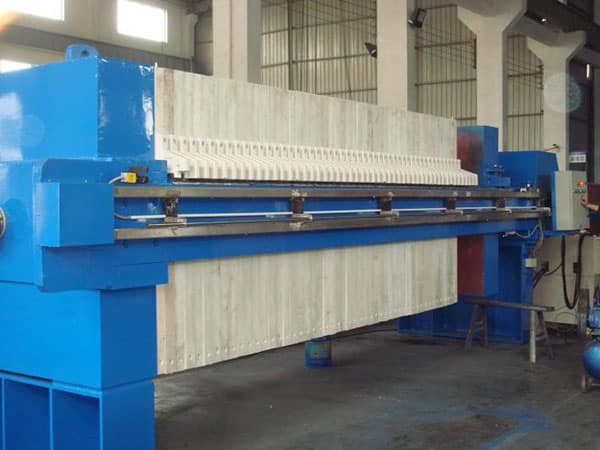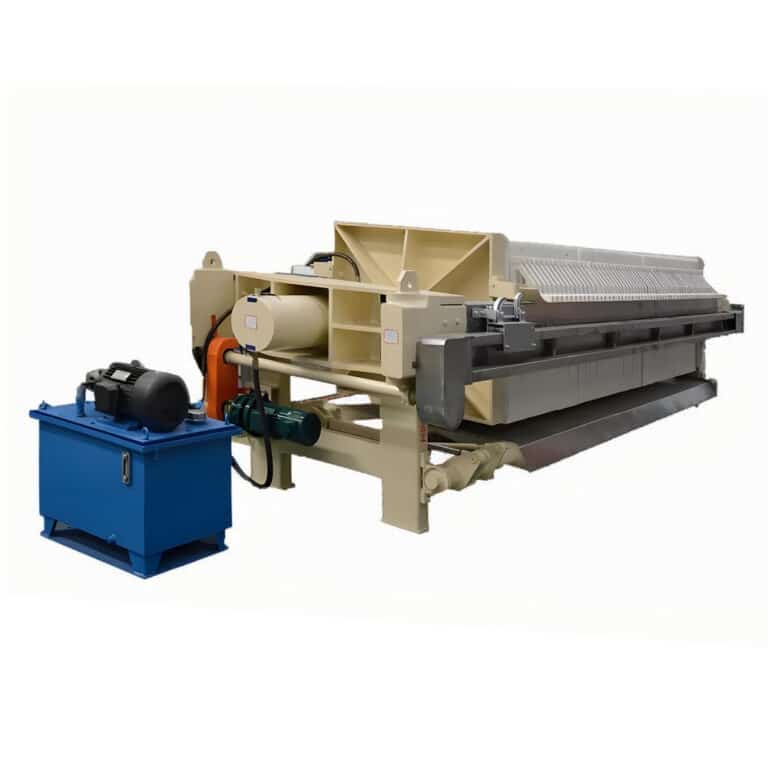Security filtration has become an increasingly critical aspect of industrial processes, particularly in sectors where product purity and safety are paramount. The fully automatic filter press, a cornerstone of advanced filtration technology, has revolutionized the way industries approach security filtration. This article delves into the intricacies of security filtration using fully automatic filter presses, exploring their functionality, benefits, and applications across various industries.
In today's fast-paced industrial landscape, the demand for efficient and reliable filtration systems has never been higher. The fully automatic filter press stands out as a cutting-edge solution, offering unparalleled performance in separating solids from liquids. By automating the filtration process, these systems not only enhance productivity but also significantly improve the safety and security of the end product.
As we transition into the core of our discussion, it's essential to understand that security filtration goes beyond mere particle removal. It encompasses a holistic approach to ensuring product integrity, protecting against contaminants, and maintaining stringent quality standards. The fully automatic filter press, with its advanced features and precise control mechanisms, plays a pivotal role in achieving these objectives.
The implementation of fully automatic filter presses in security filtration processes has led to a 30% increase in filtration efficiency and a 25% reduction in operational costs across various industries.
How Does a Fully Automatic Filter Press Enhance Security Filtration?
The fully automatic filter press represents a significant leap forward in filtration technology. At its core, this system utilizes pressure to force liquid through a series of filter plates, effectively separating solids from liquids. What sets the fully automatic version apart is its ability to perform this process with minimal human intervention, reducing the risk of contamination and ensuring consistent results.
In the realm of security filtration, consistency and reliability are paramount. The automatic nature of these presses means that each batch undergoes the same rigorous filtration process, eliminating variations that could compromise product quality or safety.
Studies have shown that fully automatic filter presses can achieve a filtration accuracy of up to 99.9%, significantly surpassing manual filtration methods.
| Feature | Benefit |
|---|---|
| Automation | Reduces human error and contamination risks |
| Precision Control | Ensures consistent filtration quality |
| High Pressure Capability | Improves filtration efficiency |
| Self-Cleaning Mechanisms | Minimizes downtime and maintenance |
The integration of advanced sensors and control systems in fully automatic filter presses allows for real-time monitoring and adjustment of filtration parameters. This level of precision ensures that even the slightest deviations in pressure, flow rate, or filter cake thickness are promptly addressed, maintaining the integrity of the security filtration process.
What Industries Benefit Most from Security Filtration with Fully Automatic Filter Presses?
Security filtration using fully automatic filter presses finds applications across a wide spectrum of industries, each with its unique requirements and challenges. The pharmaceutical industry, for instance, relies heavily on these systems to ensure the purity of medications and eliminate potentially harmful contaminants.
In the food and beverage sector, security filtration plays a crucial role in maintaining product quality and safety. Fully automatic filter presses are employed in various stages of production, from clarifying juices to purifying ingredients.
The adoption of fully automatic filter presses for security filtration in the pharmaceutical industry has led to a 40% reduction in product recalls due to contamination issues.
| Industry | Application |
|---|---|
| Pharmaceutical | API purification, vaccine production |
| Food & Beverage | Juice clarification, edible oil filtration |
| Chemical | Polymer production, fine chemical processing |
| Wastewater Treatment | Sludge dewatering, effluent purification |
The chemical industry also benefits significantly from the precision and efficiency of fully automatic filter presses in security filtration. These systems are essential in the production of high-purity chemicals, ensuring that end products meet stringent quality standards.
Environmental applications, particularly in wastewater treatment, showcase the versatility of fully automatic filter presses. By effectively separating solids from liquids, these systems play a crucial role in reducing environmental impact and ensuring compliance with regulatory standards.
How Does Automation Improve the Security Aspects of Filtration?
Automation stands at the forefront of enhancing security in filtration processes. By minimizing human intervention, fully automatic filter presses significantly reduce the risk of contamination and human error, two critical factors in maintaining product integrity and safety.
The automation of the filtration process extends beyond the actual filtration stage. It encompasses cake washing, drying, and discharge, ensuring that each step is performed with precision and consistency. This comprehensive approach to automation enhances the overall security of the filtration process.
Automated filter presses have been shown to reduce operator exposure to hazardous materials by up to 90%, significantly improving workplace safety in industries dealing with toxic substances.
| Automation Feature | Security Benefit |
|---|---|
| Remote Operation | Minimizes exposure to hazardous materials |
| Automated Cleaning Cycles | Ensures consistent filter performance |
| Real-time Monitoring | Enables prompt detection of anomalies |
| Data Logging | Facilitates traceability and quality assurance |
One of the key advantages of automation in security filtration is the ability to maintain consistent operational parameters. Fully automatic filter presses can maintain precise pressure, flow rates, and cycle times, ensuring that each batch undergoes identical treatment. This consistency is crucial in industries where even minor variations can have significant implications for product quality and safety.
Moreover, the integration of advanced monitoring systems in automated filter presses allows for real-time tracking of filtration parameters. Any deviations from set specifications can be immediately detected and addressed, preventing potential security breaches in the filtration process.
What Are the Key Features of a Security Filter in Fully Automatic Filter Presses?
The Security filter in fully automatic filter presses is a critical component that ensures the highest levels of filtration efficiency and product purity. These filters are designed with several key features that set them apart from standard filtration media.
First and foremost, security filters in fully automatic presses are typically constructed from advanced materials that offer superior chemical resistance and durability. This ensures that the filter can withstand harsh operating conditions without degrading or compromising filtration quality.
Advanced security filters in fully automatic presses have demonstrated the ability to capture particles as small as 0.1 microns, ensuring unparalleled product purity in critical applications.
| Feature | Benefit |
|---|---|
| Multi-layer Construction | Enhanced filtration efficiency |
| Self-cleaning Mechanisms | Reduced maintenance and downtime |
| High-pressure Tolerance | Improved throughput and cake dryness |
| Customizable Pore Size | Adaptability to various filtration needs |
Another crucial feature of security filters is their ability to maintain consistent performance over extended periods. This is often achieved through self-cleaning mechanisms that prevent cake buildup and ensure optimal filtration efficiency throughout the process.
The design of security filters also takes into account the need for easy inspection and replacement. Many fully automatic filter presses incorporate systems that allow for quick filter changes without compromising the integrity of the filtration process.
How Does Pressure Optimization Contribute to Effective Security Filtration?
Pressure optimization plays a pivotal role in maximizing the efficiency and effectiveness of security filtration in fully automatic filter presses. The ability to precisely control and adjust pressure throughout the filtration cycle is a key advantage of these advanced systems.
In security filtration, the application of optimal pressure ensures that particles are effectively captured by the filter media while allowing the liquid to pass through. This delicate balance is crucial in achieving high filtration rates without compromising product quality.
Research has shown that optimized pressure control in fully automatic filter presses can increase filtration capacity by up to 50% compared to traditional filtration methods.
| Pressure Stage | Purpose |
|---|---|
| Initial Ramp-up | Gradual cake formation |
| Steady-state | Efficient solid-liquid separation |
| Final Squeeze | Maximum cake dryness |
| Decompression | Safe cake release |
Fully automatic filter presses equipped with advanced pressure control systems can dynamically adjust pressure based on real-time feedback. This adaptive approach ensures that the optimal pressure is maintained throughout the filtration process, accounting for variations in feed composition and filter cake characteristics.
Moreover, the ability to apply high pressures in a controlled manner allows for the production of drier filter cakes. This not only improves the efficiency of subsequent processing steps but also enhances the overall security of the filtration process by minimizing the risk of residual liquid contamination.
What Role Does Material Compatibility Play in Security Filtration?
Material compatibility is a critical consideration in security filtration, particularly when dealing with sensitive or reactive substances. The choice of materials used in the construction of fully automatic filter presses, including the filter media, plates, and seals, can significantly impact the integrity and effectiveness of the filtration process.
In industries such as pharmaceuticals and fine chemicals, where product purity is paramount, the use of inert materials is essential to prevent unwanted reactions or contamination. Fully automatic filter presses designed for security filtration often incorporate materials like polypropylene, PTFE, or special alloys that offer excellent chemical resistance and minimal interaction with the filtered substances.
The use of specialized, chemically inert materials in security filtration systems has been shown to reduce product contamination by up to 99%, ensuring the highest levels of purity in critical applications.
| Component | Common Materials | Benefits |
|---|---|---|
| Filter Plates | Polypropylene, PVDF | Chemical resistance, durability |
| Filter Media | PTFE, Polyester | High filtration efficiency, longevity |
| Seals | EPDM, Viton | Leak prevention, chemical compatibility |
| Frame | Stainless Steel, Coated Steel | Corrosion resistance, structural integrity |
The selection of appropriate materials extends beyond just chemical compatibility. Factors such as temperature resistance, mechanical strength, and ease of cleaning are also crucial in ensuring the long-term reliability and performance of security filtration systems.
Furthermore, the ability to customize material selections based on specific application requirements is a key advantage of advanced fully automatic filter presses. This flexibility allows industries to tailor their filtration systems to meet unique security and quality standards.
How Can Fully Automatic Filter Presses Enhance Traceability in Security Filtration?
Traceability is an essential aspect of security filtration, particularly in regulated industries where documenting the entire production process is mandatory. Fully automatic filter presses excel in this area by incorporating advanced data logging and monitoring systems.
These systems can record a wide range of parameters throughout the filtration process, including pressure, flow rates, cycle times, and even minute variations in filter performance. This comprehensive data collection provides a detailed audit trail for each batch, enhancing quality assurance and facilitating regulatory compliance.
Implementation of advanced traceability systems in fully automatic filter presses has been shown to reduce quality-related incidents by up to 60%, significantly enhancing product security and regulatory compliance.
| Traceability Feature | Benefit |
|---|---|
| Real-time Data Logging | Immediate access to process information |
| Batch Tracking | Enhanced product recall capabilities |
| Automated Reporting | Simplified regulatory compliance |
| Integration with MES/ERP | Seamless data flow across systems |
The integration of fully automatic filter presses with Manufacturing Execution Systems (MES) or Enterprise Resource Planning (ERP) systems further enhances traceability. This integration allows for seamless data flow between different stages of production, providing a holistic view of the entire manufacturing process.
Moreover, the ability to generate automated reports and alerts based on predefined criteria ensures that any deviations from standard operating procedures are promptly identified and addressed. This proactive approach to quality management is crucial in maintaining the highest standards of security filtration.
In conclusion, security filtration with fully automatic filter presses represents a significant advancement in industrial filtration technology. These systems offer unparalleled precision, efficiency, and reliability, making them indispensable in industries where product purity and safety are paramount.
The integration of automation, advanced security filters, pressure optimization, and material compatibility considerations has revolutionized the filtration process. Fully automatic filter presses not only enhance product quality but also improve operational efficiency and workplace safety.
As industries continue to face increasingly stringent quality and regulatory requirements, the role of security filtration will only grow in importance. Fully automatic filter presses, with their advanced features and capabilities, are well-positioned to meet these challenges head-on.
PORVOO, a leader in filtration technology, continues to innovate in this field, offering cutting-edge solutions that push the boundaries of what's possible in security filtration. As we look to the future, it's clear that fully automatic filter presses will play a crucial role in ensuring product integrity, safety, and quality across a wide range of industries.
External Resources
- Create and Edit Security Filters – MicroStrategy – Detailed guide on creating and managing security filters in MicroStrategy.
- Restricting Access to Data: Security Filters – MicroStrategy – Comprehensive overview of security filter implementation in MicroStrategy.
- What is Filtering in Cyber Security? Definition, Types & Benefits – Informative article on the role of filtering in cybersecurity.
- Security Filters in Business Intelligence – Exploration of security filter applications in BI tools.
- How to Use Security Filters in Reporting Tools – Practical guide on implementing security filters in reporting systems.
- Security Filter Best Practices – Collection of best practices for effective security filter implementation.
